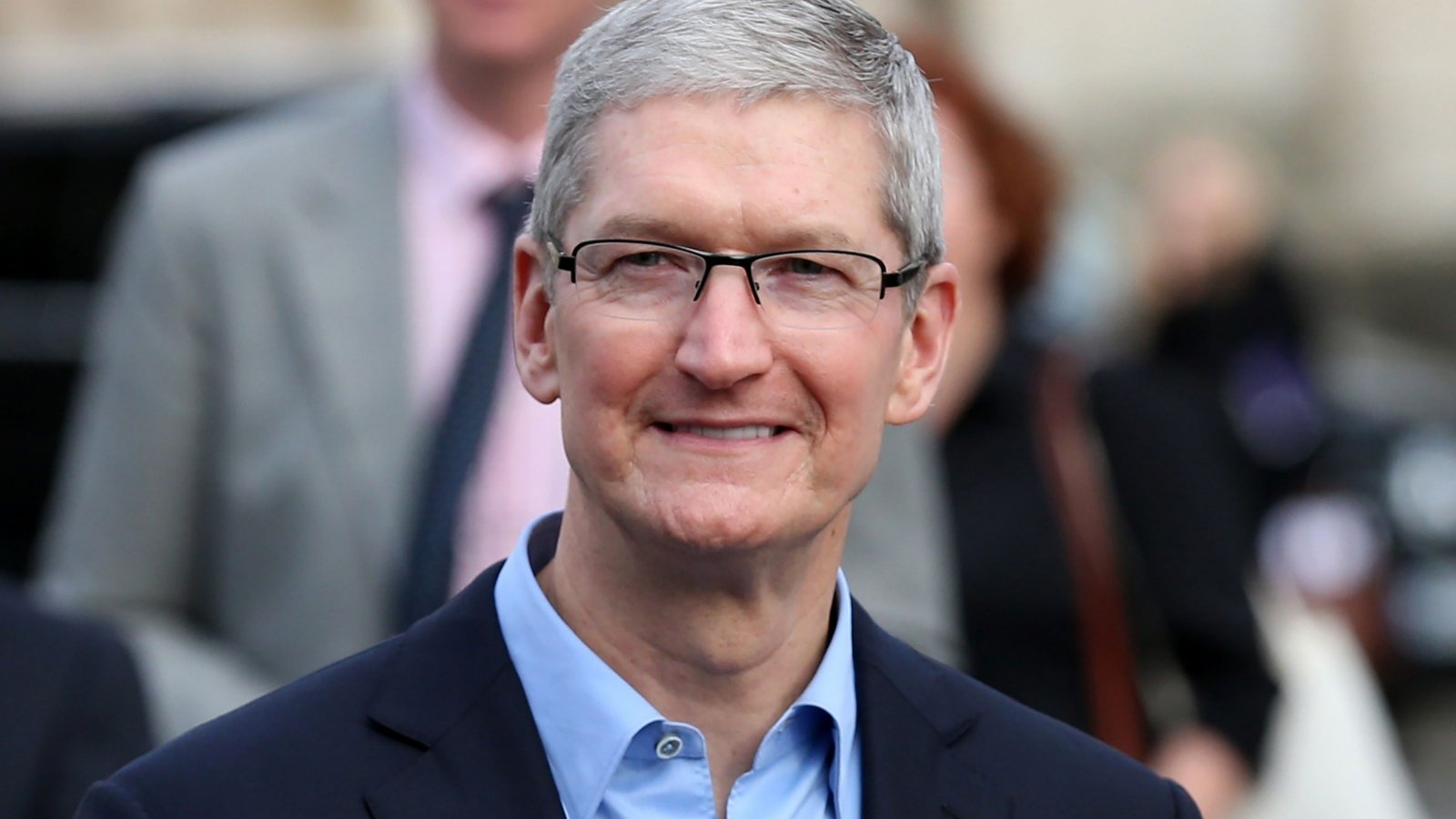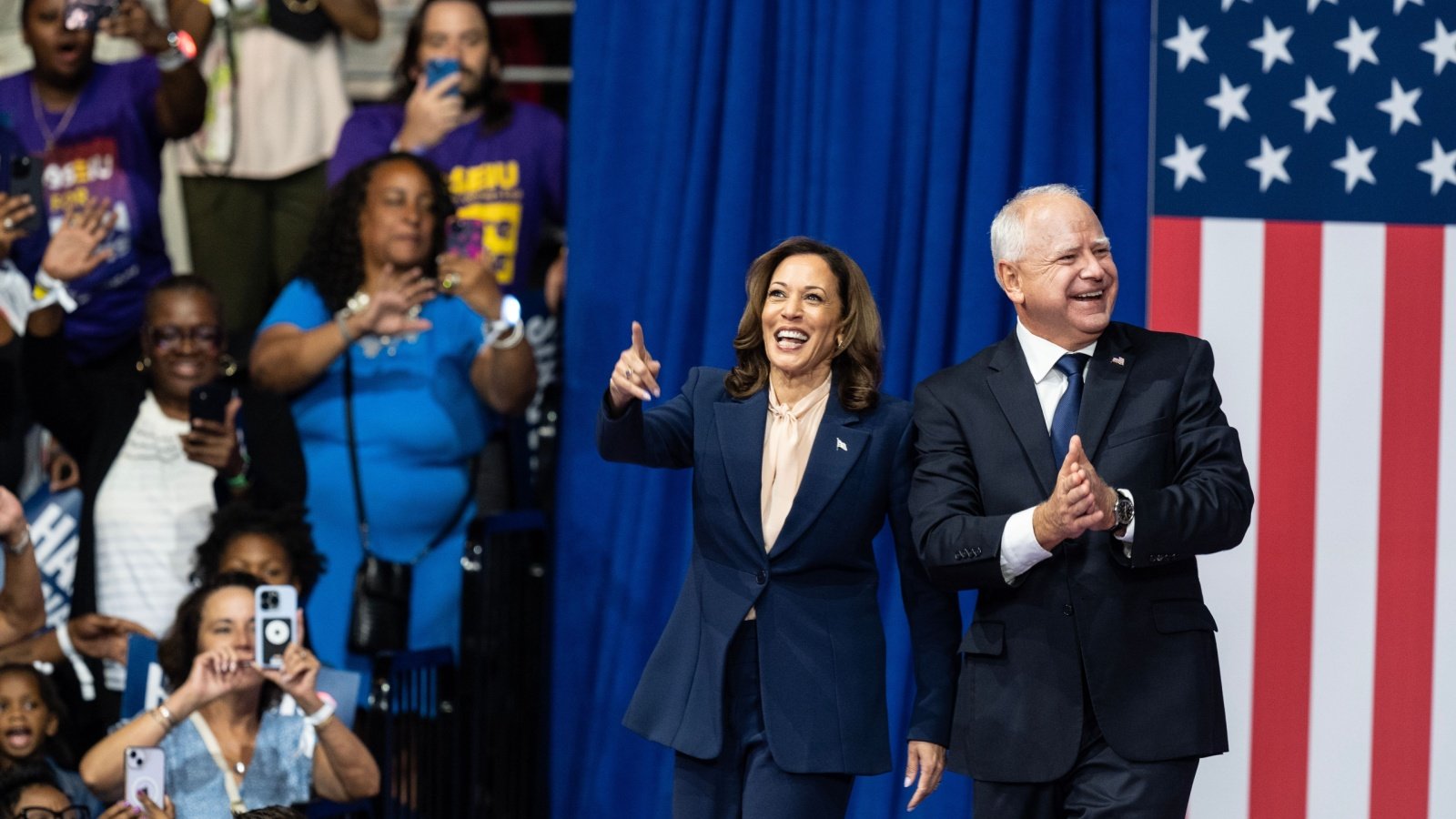CEO pay packages are skyrocketing, leaving workers further behind despite modest wage gains. The growing gap underscores a troubling trend in corporate America, where executive earnings far outpace those of average employees. This stark disparity raises pressing questions about the values and priorities guiding today’s business leaders.
Growing Wage Disparity Despite Increases

CEO compensation packages for S&P 500 companies surged by nearly 13% last year, outpacing the wage growth of ordinary workers. This increase comes as inflation continues to strain the budgets of American families.
Soaring CEO Pay Packages

Median CEO pay rose to $16.3 million, a 12.6% increase, widening the gap between top executives and average workers. In contrast, private-sector worker wages and benefits only rose by 4.1% in 2023.
Disproportionate Earnings

At half of the companies surveyed, it would take the average worker nearly 200 years to earn what their CEO made in one year. This stark disparity highlights the ongoing inequality in corporate compensation structures.
Retaining Leadership Post-Pandemic

Boards are eager to reward and retain successful CEOs in the post-pandemic market. This trend reflects a broader desire to maintain stability and leadership during uncertain times.
Survey of CEO Compensation

The AP’s survey examined pay data for 341 executives from S&P 500 companies who served at least two consecutive fiscal years. The survey provided insights into the growing compensation packages of top executives.
Leading the Pack

Hock Tan, CEO of Broadcom, topped the survey with a pay package valued at about $162 million. Broadcom granted Tan substantial stock awards, providing the potential for significant earnings if certain targets are met.
Skyrocketing Stock Prices

Broadcom’s stock soared from $470 to an all-time high of $1,436.17 on May 15. Tan’s full award is contingent on the stock maintaining an average closing price of at least $1,125 for 20 consecutive days between 2025 and 2027.
Broadcom’s Market Growth
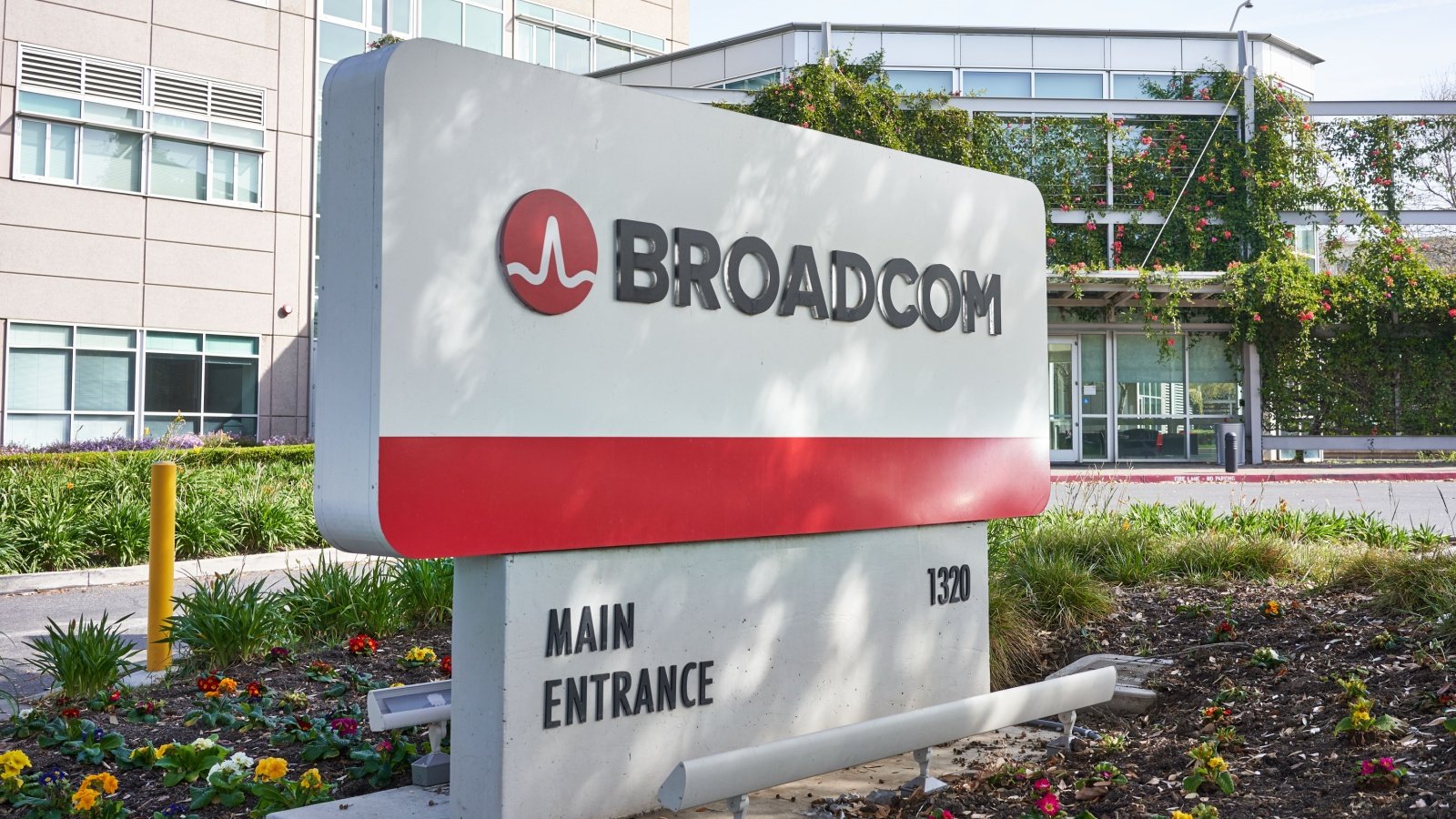
Under Tan’s leadership, Broadcom’s market value increased from $3.8 billion in 2009 to $645 billion by May 23. The company’s total shareholder return significantly outpaced that of the S&P 500 during this period.
Other High Earners
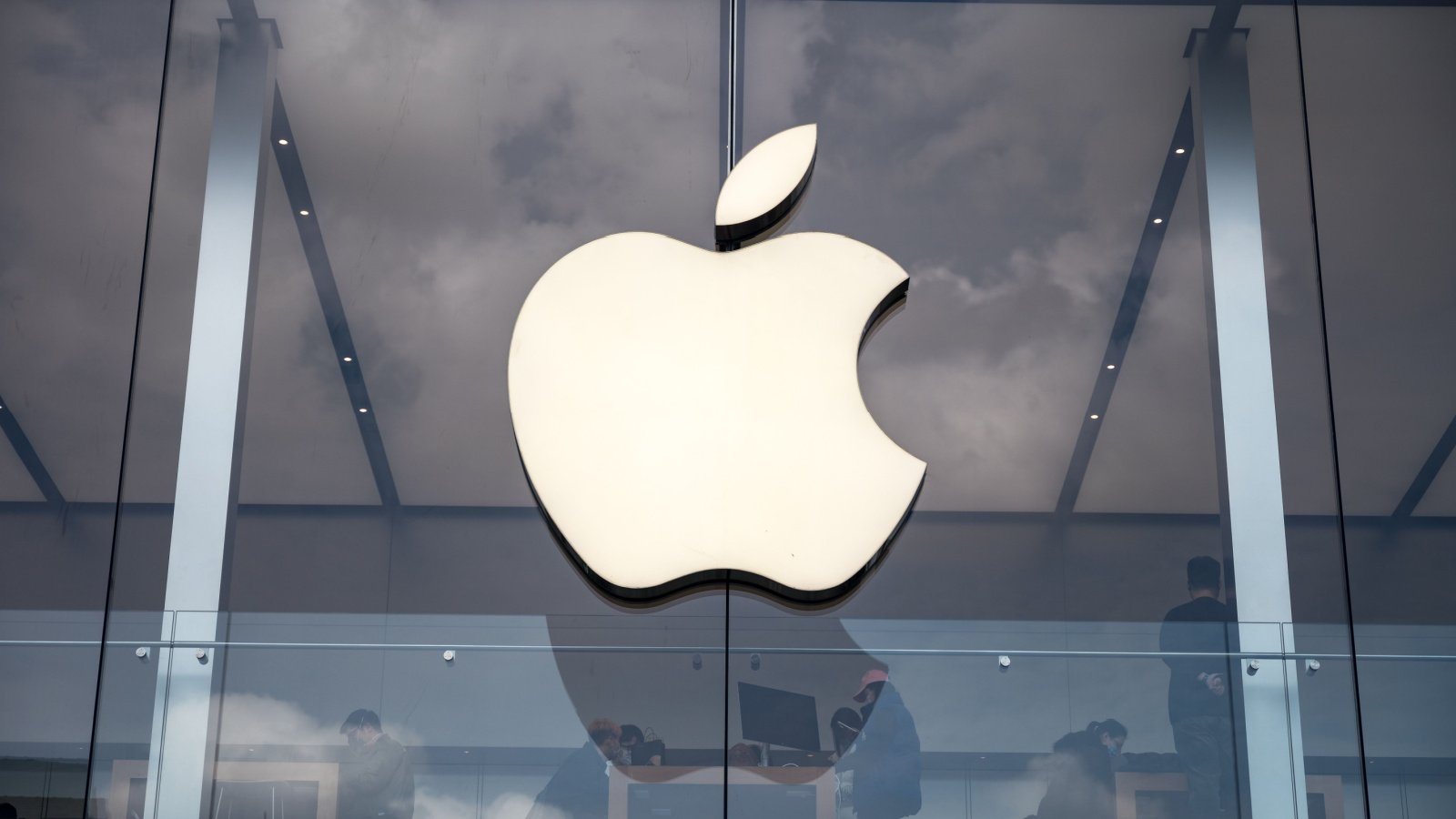
Other top-earning CEOs in the survey included William Lansing of Fair Isaac Corp ($66.3 million), Tim Cook of Apple Inc. ($63.2 million), and Ted Sarandos of Netflix ($49.8 million). These leaders represent the upper echelon of corporate compensation.
Top Female CEO
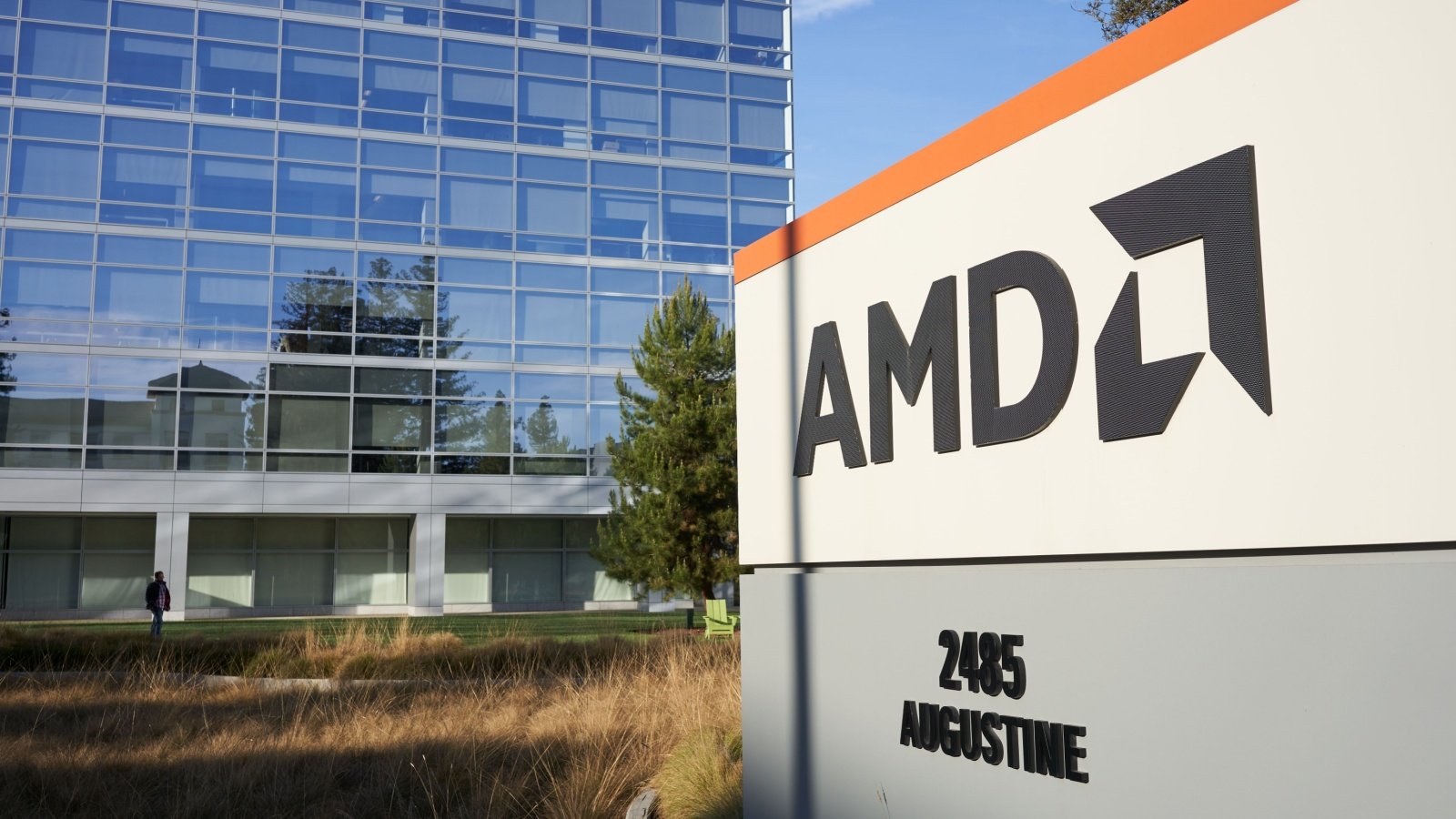
Lisa Su, CEO of Advanced Micro Devices, was the highest-paid female CEO for the fifth consecutive year with a compensation package valued at $30.3 million. Her overall rank rose from 25 to 21.
Increasing Wage Disparity

Despite rising wages, the gap between top executives and average workers continues to widen. Half of the CEOs in this year’s survey earned at least 196 times more than their median employees, up from 185 times last year.
Historical Comparison

The disparity in pay wasn’t always this vast. Post-World War II and up until the 1980s, CEOs typically earned about 40 to 50 times the average worker’s salary. The current pay ratio reflects a “winner take all” culture, with CEOs treated as superstars rather than team players.
Shareholder Support

Despite criticism, shareholders overwhelmingly support executive pay packages. From 2019 to 2023, nearly 90% of votes favored these compensation plans. Shareholders occasionally reject compensation plans, though these votes are non-binding. In 2023, 13 S&P 500 companies saw their pay packages receive less than 50% support.
Netflix’s Response

After shareholder backlash, Netflix revised its executive compensation policies. The company eliminated the option for executives to choose between cash and stock options, now offering restricted stock instead. The changes at Netflix will take effect in 2024, aiming to align executive rewards with long-term performance. However, broader impacts on the overall size of CEO pay packages remain limited.
Limited Effectiveness

Overall, Say on Pay votes haven’t significantly curbed the size of CEO compensation packages. The influence of these votes on reducing executive pay appears minimal in many cases.



